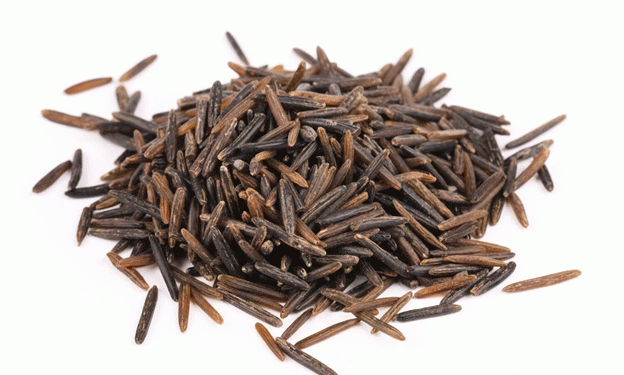Fifteen years ago, while surveying newly restored wetlands, Tony Kuchma, wetlands program coordinator for the Oneida Nation, stumbled upon something extraordinary. Wild rice, long absent from the region, had returned on its own. “I was star-struck,” Kuchma recalled. “The rice was telling me it wants to be there.”
Historically, wild rice, or manoomin, had been abundant in the Oneida and Green Bay area. However, by the mid-1900s, poor land development led to severe wetland degradation, wiping out much of the crop. Now, thanks to wetland restoration efforts and partnerships with tribes like the Ojibwe from northern Wisconsin and Minnesota, wild rice is making a resurgence in Oneida territory.
The tribe has taken a proactive role by transplanting wild rice seeds from Ojibwe reservations, ensuring the sustainability of the crop in their restored wetlands. Oneida members are now learning the techniques of wild rice harvesting, which is new to them but deeply connected to the heritage of other tribes in the region. A recent educational event on wild rice harvesting, hosted at the tribe’s wetland preserve “Where the Waterbirds Come to Nest,” drew interest from tribal members eager to learn.
Cultural and Ecological Significance
Wild rice is more than just a crop; it holds profound cultural significance for many tribes in the Great Lakes region. For the Ojibwe, manoomin has been a staple since their ancestors followed a prophecy to “a place where the food grows on water.” Wild rice thrives in shallow waters, making the wetlands of Wisconsin, Minnesota, and Michigan ideal for its growth. The Menominee tribe, one of the oldest inhabitants of Wisconsin, are even named after this sacred grain, as “Menominee” translates to “People of the Wild Rice.”
Unlike the Ojibwe and Menominee, the Oneida have only been in Wisconsin since the 1820s. As a result, wild rice had not been a significant part of their cultural history—until now. The return of the wild rice offers an opportunity for the Oneida to reconnect with the land and introduce a sustainable, nutritious crop into their community.
The resurgence of wild rice also offers ecological benefits. Wetland restoration projects, like those undertaken by the Oneida, contribute to biodiversity and support local wildlife populations. One such initiative has been supported by Ducks Unlimited, a hunters’ organization that provided funding due to the positive impact these restored wetlands will have on waterfowl populations.
The Future of Wild Rice in Oneida
The reappearance of wild rice in Oneida wetlands has led to a revival in traditional practices, even though this is a relatively new cultural endeavor for the tribe. Wild rice is not technically a rice but the seed of a semi-aquatic grass. It has a unique nutty flavor and is rich in protein, fiber, calcium, and antioxidants, making it an attractive addition to local diets.
Kuchma and other members of the Oneida Nation hope to continue expanding wild rice cultivation across the tribe’s wetland areas. The project’s success has also sparked interest in collaborating with other tribes who have long histories of cultivating and harvesting wild rice. For the Oneida, this restoration effort is a tangible step toward environmental stewardship and cultural enrichment.
The return of wild rice to Oneida wetlands symbolizes a powerful reconnection between people and nature. By embracing wetland restoration and collaborating with other tribes, the Oneida are learning to cultivate and harvest this vital crop. As they continue to restore their wetlands, the tribe is not only reviving an essential ecosystem but also fostering a new cultural tradition for future generations.
Error




